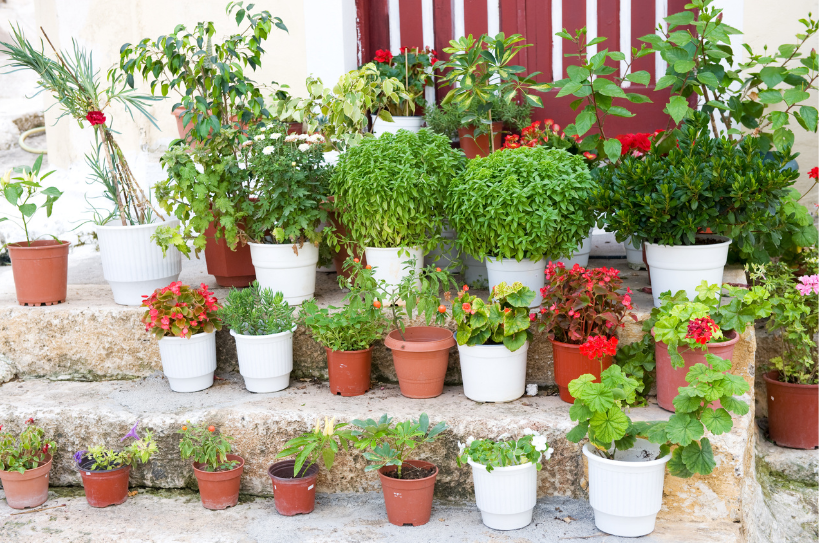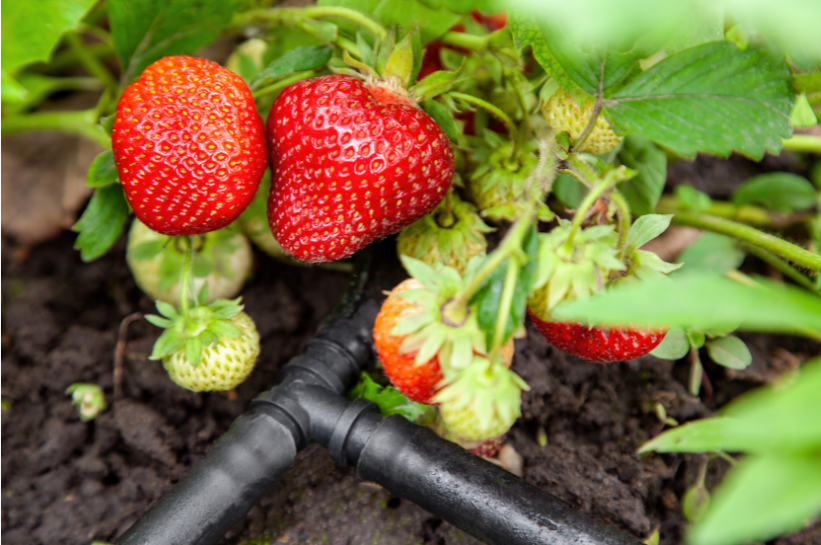Food waste is more than just an environmental issue; it is also a financial one. Globally, nearly 1.3 billion tons of food are wasted each year, much of it at the household level. In Sacramento, where grocery prices continue to rise and farmers markets overflow with fresh produce, the way we store, cook, and consume food has a direct impact on both our wallets and the planet.
The good news is that reducing food waste does not require a major lifestyle overhaul. Small, consistent habits can keep more food on your plate and out of the landfill.
Plan Before You Shop
One of the simplest ways to cut waste is to shop with a plan. Before heading to the store or farmers market, check your fridge, freezer, and pantry to see what you already have. Build your meal plan around those items, filling in only what you truly need. This helps you avoid buying duplicates and prevents forgotten items from spoiling.
Sacramento residents who frequent the Midtown Farmers Market or Sunday markets in Oak Park can also benefit from planning around seasonal produce. If you know what is in season, you can better predict prices and shelf life, making it easier to use everything before it spoils.
Maximize the Power of Your Freezer
Think of your freezer as your best tool for pressing pause on food’s shelf life. Bread, berries, meat, soups, and sauces can all be frozen for later use. Portion items before freezing so you can thaw only what you need.
Label and date everything. A simple masking tape and marker system will prevent those “mystery containers” that get pushed to the back and forgotten. Sacramento’s hot summers make the freezer even more useful, as frozen produce and pre-prepped meals reduce the need for daily cooking in high heat.
Turn Leftovers into New Meals
Instead of seeing leftovers as a repeat performance, think of them as starting points. Roast chicken from Sunday can become Monday’s chicken salad or Tuesday’s soup. Leftover vegetables can be added to stir-fries, frittatas, or grain bowls. Even stale bread has value — it can be turned into croutons, bread pudding, or breadcrumbs.
This approach works particularly well for Sacramento households that shop at bulk stores or stock up on large portions. Cooking in batches and then reinventing the extras can save time while keeping meals interesting.
Practice First In, First Out
When you bring home groceries, move older items to the front of your fridge and pantry, placing newer purchases in the back. This “first in, first out” approach ensures older food gets used before it spoils. It is a method grocery stores rely on, and it works just as well at home.
Preserve and Ferment for Long-Term Use
Traditional preservation methods are making a comeback. Pickling cucumbers, fermenting cabbage into sauerkraut, or making peach jam can keep seasonal produce usable for months. Sacramento’s abundant summer fruit and vegetable harvests make this an especially practical option.
Preserving is not only functional; it adds variety to your meals. A jar of pickled peppers or a batch of homemade jam can transform a simple dinner into something memorable.
Compost What You Cannot Save
Even with the best planning, some scraps are inevitable. Banana peels, onion skins, and coffee grounds can all be composted instead of sent to the landfill. In Sacramento, residents can use their green organics bins for food scraps, which the city collects and processes into compost. If you garden, starting a personal compost pile can supply you with nutrient-rich soil for your own plants.
Sacramento Resources to Help You Waste Less
- City of Sacramento Organics Program: Place food scraps in your green bin for curbside composting.
- Second Harvest Food Bank: Donate unopened, shelf-stable foods before they expire.
- Local Food Swaps: Neighborhood groups and social media platforms often have food exchange posts where gardeners share surplus produce.
- Preservation Workshops: Local community centers and farmers markets sometimes host canning and fermentation classes, making it easier to learn hands-on skills.
The Bottom Line
Reducing food waste is a habit built over time. By shopping with intention, using storage wisely, getting creative with leftovers, and composting what remains, you can cut down on waste and make the most of every dollar spent on food. In a city like Sacramento, where access to fresh ingredients is abundant, making these small changes can have a big impact on your household budget and the environment.
Check out our blog on healthy meal delivery services here

